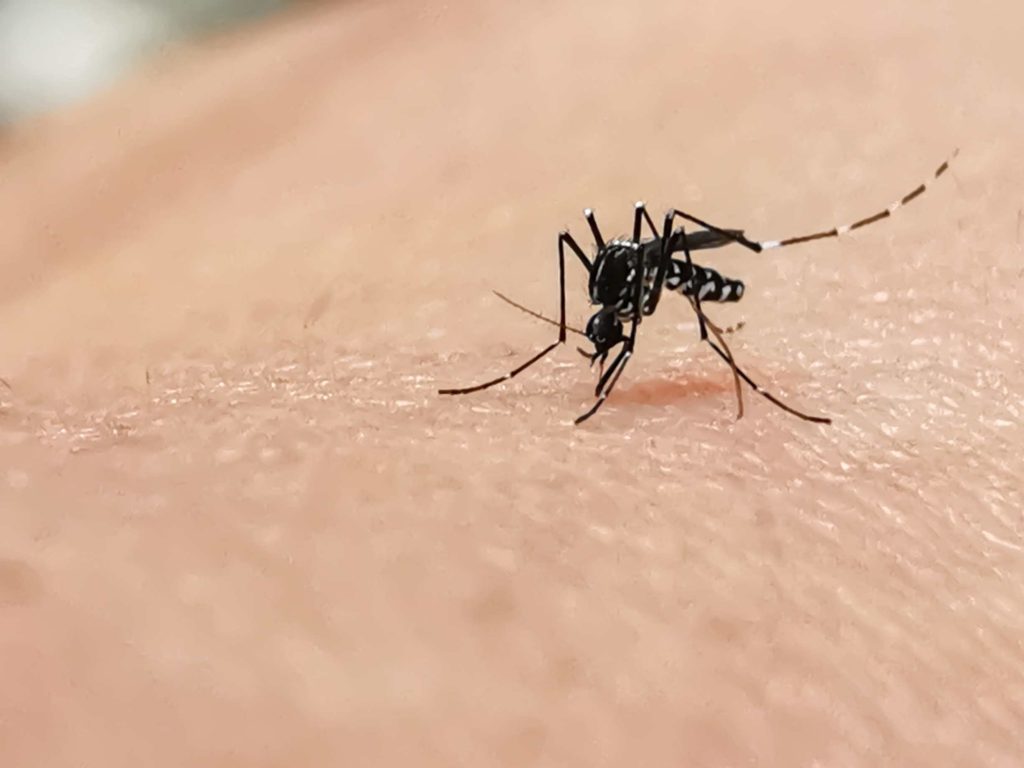
Travelling to exotic locations can be exciting, but it’s important to be aware of potential health risks. Yellow fever and malaria are two serious diseases that travellers should know about before visiting certain countries. Understanding the risks and getting the right vaccinations can help keep you safe on your journey.
Can Yellow Fever Spread from Person to Person?
No, yellow fever cannot spread directly from one person to another. It is caused by a virus transmitted through the bite of an infected mosquito. The disease mainly occurs in parts of Africa and South America, where the yellow fever virus is found in mosquitoes.
If a mosquito bites an infected person, it can carry the virus and pass it on to the next person it bites. However, you cannot catch yellow fever by touching or being near an infected person. This makes it different from contagious diseases like the flu or COVID-19.
The best way to protect yourself from yellow fever is to get vaccinated before travelling to at-risk areas. Many countries require proof of yellow fever vaccination before allowing entry, so visiting a travel vaccination clinic is essential.
Is Malaria and Yellow Fever the Same?
No, malaria and yellow fever are not the same, though both are spread by mosquitoes.
Key Differences Between Malaria and Yellow Fever
| Feature | Yellow Fever | Malaria |
| Cause | Virus (Flavivirus) | Parasite (Plasmodium) |
| Spread By | Mosquito bites (Aedes species) | Mosquito bites (Anopheles species) |
| Symptoms | Fever, jaundice, muscle pain, nausea, bleeding | Fever, chills, sweating, muscle aches, fatigue |
| Vaccine Available? | Yes | No (preventative tablets available) |
| Treatment | No specific cure; supportive care only | Antimalarial medications available |
Malaria is more widespread and occurs in many tropical regions, including parts of Africa, Asia, and South America. Yellow fever, on the other hand, is mainly found in specific areas of Africa and South America. If you’re travelling to malaria-risk countries, taking antimalarial tablets and using insect repellent is essential.
How to Protect Yourself from Yellow Fever and Malaria
Travelling to regions where yellow fever and malaria are present requires careful preparation. Here’s how to stay safe:
1. Get Vaccinated: The yellow fever vaccine is the best protection, providing lifelong immunity. Some countries even require proof of vaccination before entry, so make sure you check the requirements before you travel.
2. Take Antimalarial Medication: Unlike yellow fever, there is no vaccine for malaria, but preventive tablets can significantly lower your risk. Start taking them before your trip, continue during your stay, and follow the post-travel dosage as advised by a professional.
3. Use Insect Repellent: Mosquito bites are the main cause of transmission, so applying a DEET-based insect repellent to exposed skin can help keep mosquitoes at bay.
4. Wear Protective Clothing: Cover up by wearing long sleeves and trousers, especially in areas where mosquitoes are active. Malaria-carrying mosquitoes bite mostly at night, while those spreading yellow fever bite during the day.
5. Sleep Under Mosquito Nets: If you’re in a malaria-risk country, using a treated mosquito net while sleeping offers extra protection.
6. Stay in Air-Conditioned or Screened Rooms: Mosquitoes thrive in warm, humid environments. Staying in air-conditioned or screened accommodation can help keep them out and lower your risk of infection.
Where to Get Travel Vaccinations Near You?
Whether you’re visiting a tropical destination for work or leisure, don’t let preventable diseases ruin your trip. Book your travel vaccinations at Aroga Pharmacy in Farnham Common today to ensure you’re fully protected. Conveniently located for residents of Gerrards Cross, Slough, and Stoke Poges, our experienced team provides professional travel health services. Contact us now to schedule your appointment and travel with confidence!
